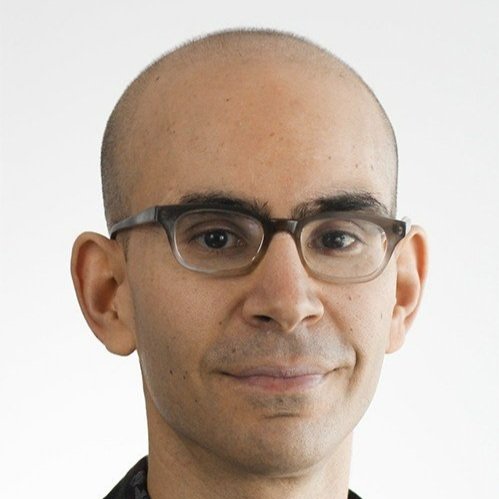Psychedelic Assisted Therapy Mini Series part 2:
Ketamine-Assisted Therapy in Psychiatry: Spiritual, Group, and Meditative Frameworks Potentiating Clinical Benefits
This presentation will explore how the psychedelic framework of relationship, music, set and setting can exploit the malleable effects of ketamine on consciousness. Dr. Shannon will review his data about group ketamine-assisted psychotherapy for healthcare workers and his experience training a few hundred professionals in an experiential group model of KAP. Additionally, Dr. Shannon will compare and contrast ketamine to MDMA for the treatment of trauma and speculate about the spiritual benefits of this well-known agent. Dr. Dakwar will explore how mindfulness works with the KAP model and his experience with addiction research. Together the panelists will explore the interface of spirituality and this type of treatment.
Meet the Panelists:
Scott Shannon, M.D.
Scott has been a student of consciousness since his honor’s thesis on that topic at the University of Arizona in the 1970s. Following medical school, MDMA-assisted psychotherapy became part of his practice before this medicine was scheduled. Scott has published four books on holistic and integrative mental health. Scott is a past President of two national medical organizations and currently teaches ketamine-assisted psychotherapy for PRATI. He serves as a site Principal Investigator for the Phase III trial of MDMA-assisted psychotherapy for PTSD and the Phase IIb study of LSD in generalized anxiety in Fort Collins. Scott is the founding CEO of the Board of Psychedelic Medicine and Therapies.
Elias Dakwar, M.D.
Elias Dakwar, MD researches novel treatments for addictions with the support of several grants from NIDA and NIAAA. A special focus of his research has been evaluating sub-anesthetic ketamine infusions for cocaine use disorders in both laboratory and clinical settings, as well as investigating ketamine infusions as an adjunct to mindfulness-based treatment, motivational interviewing, and other behavioral frameworks for alcohol, cannabis, and opioid use disorders. He has a more general interest in the impact of non-ordinary experiences, and of the interventions that might occasion them, in psychiatric treatment.
Rael Cahn, M.D., Ph.D.
Rael Cahn did his Ph.D. thesis work with the UCSD Department of Neurosciences comparing and contrasting the impact of long-term mindfulness (Vipassana) meditation practice and the acute effects of the psychedelic drug psilocybin on perception, attention, and brain activity using EEG methods.
After completing a residency in Psychiatry at UC Irvine he joined the faculty of the USC Department of Psychiatry. Dr. Cahn is currently an Assistant Clinical Professor with the USC Department of Psychiatry doing research at the USC Brain and Creativity Institute. He is a clinician-scientist with extensive personal experience as a meditation practitioner and experience teaching mindfulness meditation practices to clinicians and patients alike. His research expertise is in the neuroscience of meditation and altered states of consciousness.
Dr. Cahn has investigated the brain states associated with a wide range of meditative practices and their impact on attentional performance and measures of well-being. He is currently using EEG and fMRI methods to investigate the neurophysiologic mechanisms underlying states of meditative awareness in beginning as well as long-term meditators.
Other current projects include looking at the neural mechanisms by which mindfulness meditation works in the treatment of depression and addiction. In addition to his work investigating the neural bases of mindfulness and the clinical impact of such practices, he continues to have an interest in research assessing the clinical application of psychedelic drugs. He is currently coordinating a study assessing the epigenetic changes underlying the treatment of PTSD using MDMA-assisted psychotherapy.





